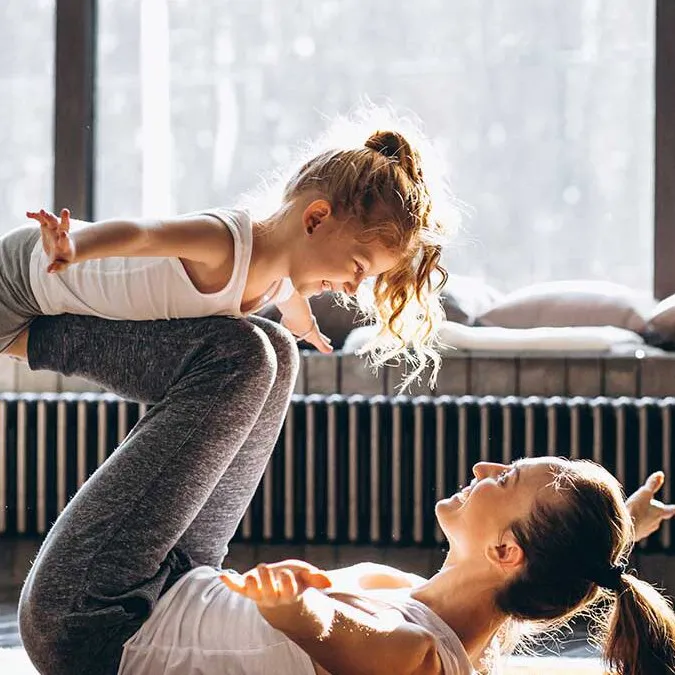
Published on: 3 April, 2020
Read Time: 3 min
With the spread of the coronavirus (COVID-19) we will all have to adjust to this new normal. That means staying indoors for long periods of time with limited access to the outdoors.
Understandably, this is going to be a challenge for many. However, it’s important to continue taking steps to stay healthy and stay active. Here are some helpful tips.
1. Food, food, food
No, not hoarding food but making sure that you’re eating healthy, good quality food. Now more than ever, healthy eating is of utmost importance. It will go a long way towards boosting the immune system and providing your body with all the necessary nutrients that it needs.
Tips for healthy eating:
- Stock up on fruits and veggies such as: Leafy greens, oranges, apples and fresh fruit.
- Cook your own meals where possible. Homemade dishes tend to be more nutritious and usually taste better. For ideas and inspiration on what to cook there are plenty of easy online recipes to follow.
- Avoid processed foods, packaged foods and frozen meals. These are usually high in salt and have a low nutritional value.
- Limit the amount of indulgent items eaten (e.g cakes, chips, cookies, ice-cream).
- Drink water instead of pop or fruit drinks. These drinks are surprisingly high in sugar.
2. Vitamins and supplements
If you follow a balanced diet and eat plenty of fruits, vegetables, protein and carbohydrates then supplements are generally not necessary. However, for those individuals that suffer from digestive disorders or feel that they aren’t able to eat regular balanced meals then vitamins and minerals can be helpful.
The most common nutritional deficiencies are: Iron, Vitamin D and Vitamin B6.
Here is a list of food sources that contain these nutrients:
- Iron – red meat, sardines, spinach, broccoli.
- Vitamin D – salmon, eggs, mushrooms.
- Vitamin B6 – chicken, fish, potatoes, chickpeas, and bananas.
3. Fresh-air exercise breaks
Schedule a 15-30 minute block of exercise into your daily routine. Exercise can come in the form of a walk around the neighborhood, going for a jog or time spent on the treadmill.
Do not underestimate the value of regular exercise. It gives you a chance to take a break, fuels the body and keeps you active. Exercise also doubles as a nice outlet for the restlessness that comes with being stuck indoors. Rain or shine make it a point to go outside at least once a day.
4. Indoor exercise options
In situations where you’re unable to leave the house, turn your place into a personal gym. Find a small, quiet spot in your home where you can engage in mini indoor workouts.
These workouts can involve any old exercise equipment you have around: dumbbells, weights, an exercise ball or resistance bands.
If you don’t have equipment think about stretching, yoga or tai-chi exercises. These activities are tailored to use slow, relaxing movements to keep you calm and relaxed. If you’re new to them, be sure to look for reputable, informative YouTube videos that provide some guidance.
5. Mental health
Last but not least, make your mental health a priority. In these times when being stuck indoors can leave you on edge and when bad news is all around, take a moment for yourself.
As with exercise, try to schedule a few minutes into your day to unwind. Do something you personally enjoy: Read a book, watch your favourite TV show, write or meditate. Whatever it may be, take 10-20 minutes everyday to do something that helps you to unwind and relax.
References
https://www.usatoday.com/story/news/health/2019/08/20/most-common-nutritional-deficiencies/39976101/





